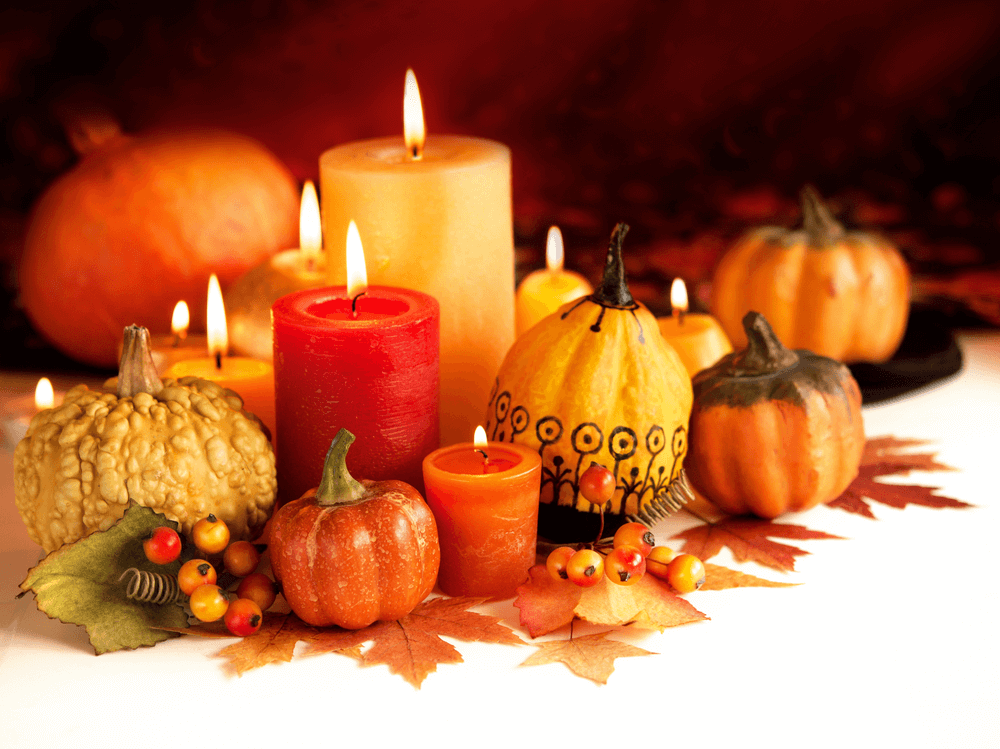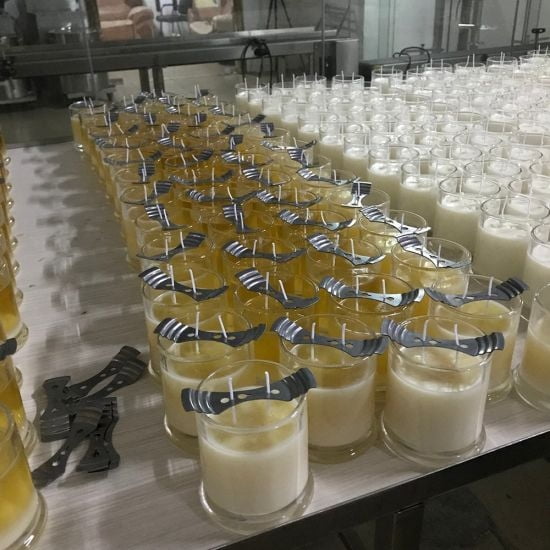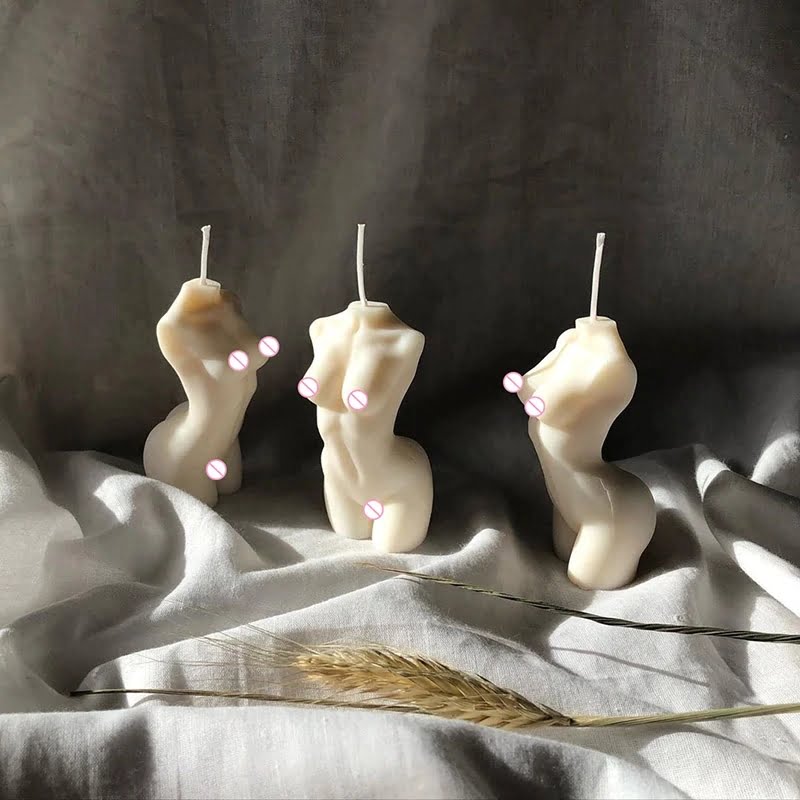
Colonial candle making was essential in an era where there was no electricity and the cost of oil made it beyond the reach of common people. The most common colonial candles were made of animal fat or tallow, and only the rich benefited from beeswax candles, which smelt and burned better.
Colonial candle making registered a true progress when people discovered that they could make nice-smelling and clean-burning candles from bayberry shrubs. Wax is still extracted by boiling the bayberries, however the process is as time consuming as it used to be in the past.
The colonial way to candle making
Colonial candle making largely depended on whale oil, which was used as a primary matter. The cleanest, but more painstaking way to have the best colonial candles possible was to harvest berries from bayberries bushes. The only problem with this process was that you only got one pound of wax for every eight pounds of berries.
Then it took manufacturers several days to prepare the berries in order to extract the purest form of wax to be used for quality candles. Remember that their whole point was to eliminate the bad smell of animal fat candles, not to mention the mess they made while burning.
For those of you who’d like to try colonial candle making at home as a way to satisfy your curiosity, there is bayberry wax available in shops, so that you don’t have to prepare it yourself. The big difference between modern times and the colonial era, is that we now have all sorts of molds to make wonderful candle shapes.
Colonial candles used strands of cotton as wicks that had to be taken care of in order to be kept burning. Usually candles made to be used for the household use were tapers. They were made by repeatedly introducing the wick in melted wax until it became candle sized.
Colonial candle making today
Colonial candle making may appear rudimentary, but it takes quite a lot of skill and dedication. Many people try it as a hobby, and thereafter learn how rewarding it is. Basically you need to deep a non-waxed taper wick into melted wax.
Extra care is needed, particularly since both parts of the wick need to be coated evenly. Don’t wait too long between dips, since the candle doesn’t have to cool completely. Furthermore keep stirring the wax so that you maintain the same temperature. You may even have to melt it again during the process. Enjoy it!

Welcome to my candle making blog! In this blog, I will be sharing my tips and tricks for making candles. I will also be sharing some of my favorite recipes.




